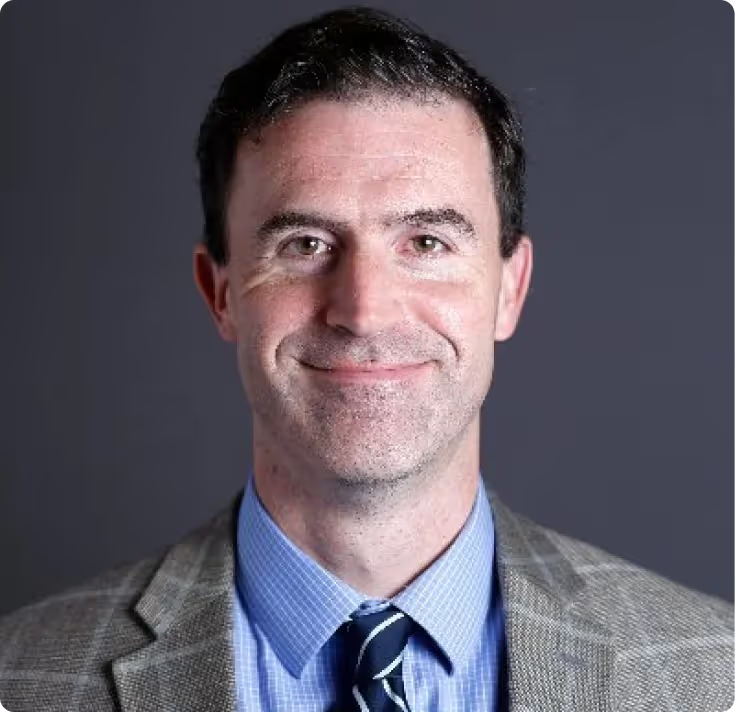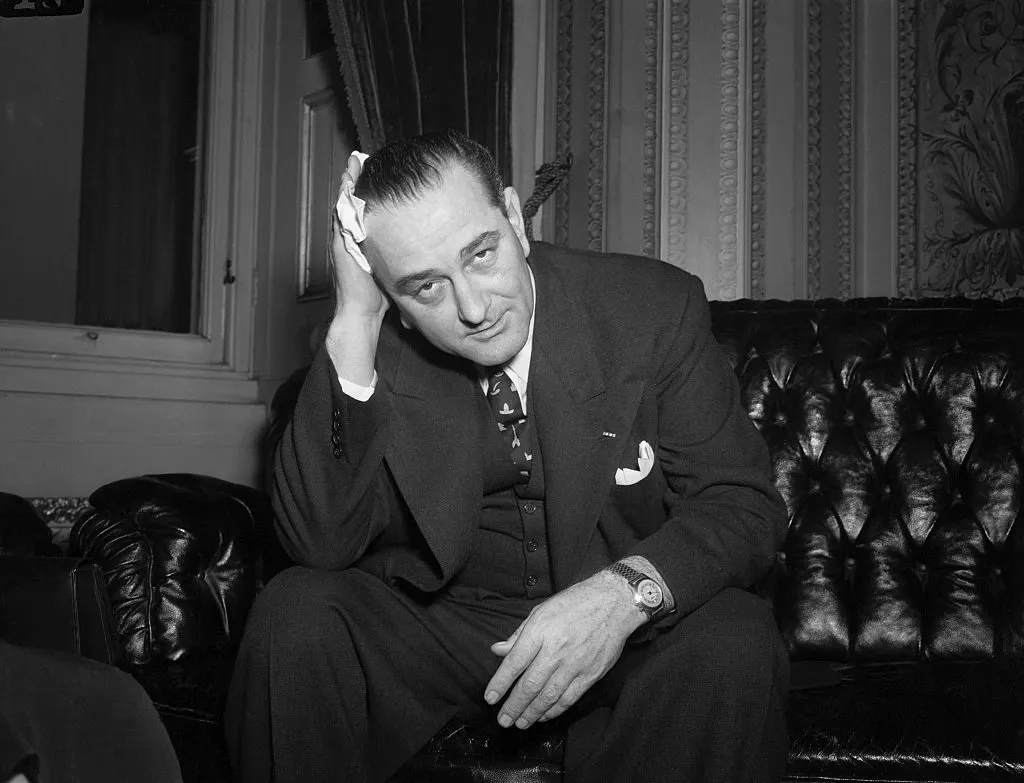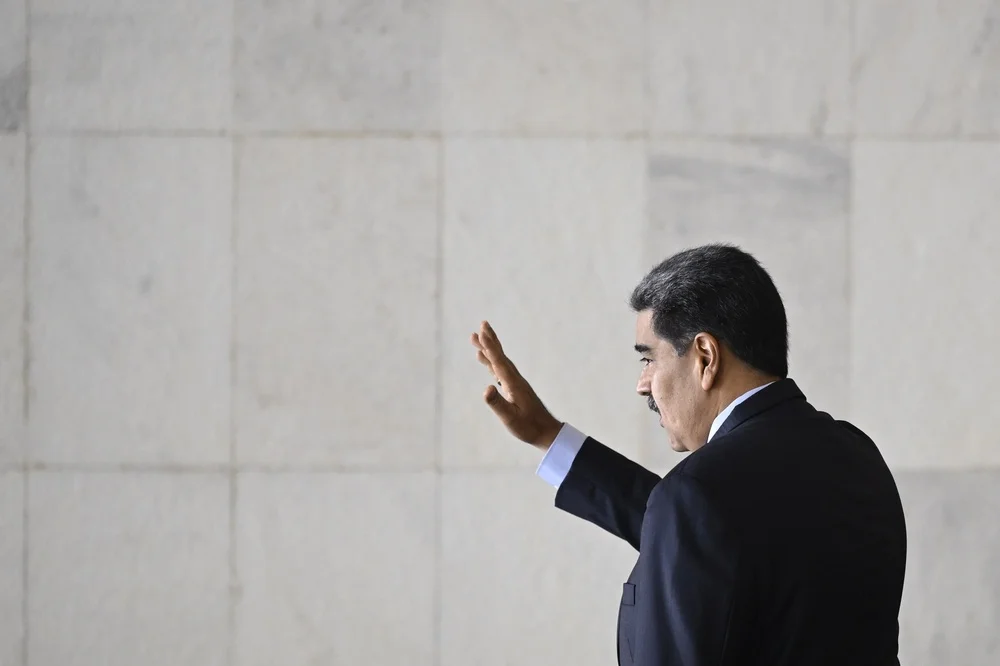
Decadent Ideology, Decaying Fraternity
Richard Reinsch reviews Prosperity and Torment in France by Chantal Delsol.
French Catholic philosopher Chantal Delsol, a member of France’s prestigious Académie des Sciences Morales et Politiques, is known for her searing accounts of totalitarian ideology and her penetrating works on modern European politics and culture that richly reward any reader who gives them close attention. Over the years, many of her books have been translated into English, including Icarus Fallen: Search for Meaning in an Uncertain World and The Unlearned Lessons of the Twentieth Century: An Essay on Late Modernity. Her latest work to be translated into English, Prosperity and Torment in France , is an analysis of the current state of affairs in French politics, economics, and cultural life that reveals key lessons for modern democracies around the world.
In particular, Delsol examines the seeming paradox of a wealthy France, whose people are unsatisfied with the current state of affairs despite the almost unrivaled free social services provided to its citizens. On one level, the book is a grim account of a nation that has become historically defined by various ideologies, turning even good ideas and political forms like republicanism into rigid concepts closed to further political development. In a style reminiscent of Tocqueville, Delsol considers how the French people are caught between the tremendous benefits provided by the government and their devotion to ideological abstractions like egalitarianism, individualism, and secularism.
“France,” Delsol declares, “is a country that is particularly smitten with ideologies. It prefers ideas to reality.” She remarks that “Marxism was so entrenched that it was necessary to wait until the fall of the Berlin Wall for it to fade away: only universal ridicule could put an end to it, but certainly not the lucidity of our brilliant brains.” Delsol describes how in a widespread appeal to a “farcical Marxism,” French domestic politics was dominated from 1972 into the early 1980s by the “Programme commun” or “Common Program,” signed into law by the French Socialist Party, the Communist Party and the Radical Party of the Left.
Politics
.webp)
Liberal Democracy Reexamined: Leo Strauss on Alexis de Tocqueville
This article explores Leo Strauss’s thoughts on Alexis de Tocqueville in his 1954 “Natural Right” course transcript.
%20(1).avif)
Long Distance Migration as a Two-Step Sorting Process: The Resettlement of Californians in Texas
Here we press the question of whether the well-documented stream of migrants relocating from California to Texas has been sufficient to alter the political complexion of the destination state.
%20(3).avif)
Who's That Knocking? A Study of the Strategic Choices Facing Large-Scale Grassroots Canvassing Efforts
Although there is a consensus that personalized forms of campaign outreach are more likely to be effective at either mobilizing or even persuading voters, there remains uncertainty about how campaigns should implement get-out-the-vote (GOTV) programs, especially at a truly expansive scale.

Joel Kotkin: Trump aside, Canada and the U.S. need to co-operate
Our economies are linked; we more the same language and we're learning that mass, unregulated immigration is no solution to economic sloth
.webp)
Selling America Short
What has enhanced America’s reputation are the sacrifices we have made for our long-term self-interest.

Trial Lawyers and the Future of Oil & Gas in the Bayou
Michael Toth reports on the Supreme Court case that will determine whether oil and gas companies can stop politically-connected Louisiana trial lawyers from fleecing them.















